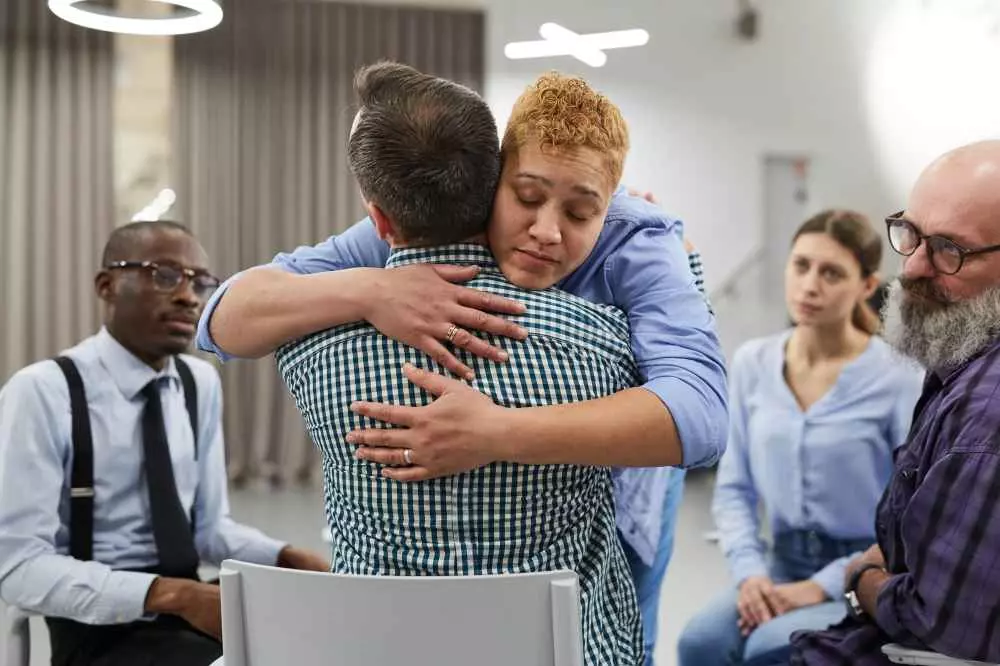Counseling in dealing with psychoactive substance addiction
Addiction to psychoactive substances is a serious problem that affects many people around the world. Such addiction can have a devastating impact on the addict's physical and mental health, as well as on their relationships with family, friends and society. Of course, fighting addiction can be difficult and require the support of professionals. In such cases, counseling is a key part of the addiction recovery process.
Counseling for coping with substance abuse is a comprehensive process that includes emotional support, group therapy, education about addiction and many other aspects. In short, it's a specialized form of help that aims to help people with addiction understand the causes of their addiction and gather tools and strategies that can be used to overcome it.
Emotional support as a key element of counseling
One of the key elements of counseling in dealing with addiction is emotional support. Addicts often experience deep loneliness, stress and depression. So, by giving them unconditional emotional support, a counselor can help them uncover the deeply hidden emotions and thought patterns that led to their addiction. 
The counselor often works with the addict in one-on-one therapy sessions, where he or she focuses on developing the ability to cope with difficult emotions, as well as stimulating positive thinking and boosting self-esteem. This allows the addict to establish a deeper relationship with themselves and learn healthy coping mechanisms to deal with their emotions.
Group therapy support from other people in a similar situation
Group therapy is another important part of counseling in dealing with substance abuse. By participating in group therapy, participants have the opportunity to meet other people struggling with the same problem. This gives them a chance to share their experiences, concerns and successes, which often proves extremely helpful.
In group therapy, the counselor acts as a facilitator, helping participants understand that they are not alone in their struggle with addiction. Often, group therapy participants build strong bonds and become supportive of each other after therapy ends.
Education about addiction
For many people who have struggled with addiction, education is a key part of the recovery process. A good counselor provides reliable information about the causes of addiction, the physical and psychological effects of psychoactive substances on the body, and effective coping strategies.
Education about addiction takes place both in individual therapy sessions and in group sessions. The counselor provides information that is essential in understanding addiction and making informed decisions about further treatment.
Physical activity as part of the recovery process
Avoiding psychoactive substances usually results in physical and mental discomfort. However, physical activity can greatly speed up the recovery process. A good counselor will promote a healthy lifestyle and provide advice on physical activity appropriate for the individual. Exercise can increase endorphins and help regulate mood and alleviate withdrawal symptoms.
It is important to emphasize that counseling can only be effective if the addict manages to maintain sobriety. It's hard to work on coping with addiction, but with the right support and dedication, addicts can transform their lives.
Summary
Counseling in dealing with substance abuse plays a key role in recovery. It offers emotional support, group therapy, education and many other services that help addicts understand the causes of their addiction and develop healthy coping strategies. Proper counseling can greatly increase the chances of overcoming addiction and living a healthy and fulfilling life.
Add comment